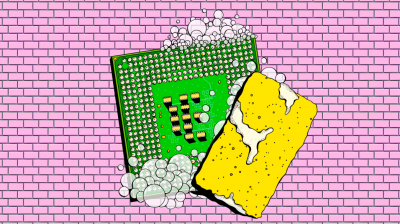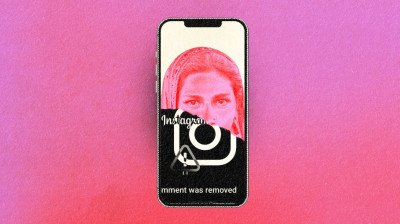Legal Elon Musk's X Achieves Partial Victory Against Music Publishers
Legal Twist: Elon Musk's X Platform Faces Partial Setback in Music Publishers' Lawsuit
In a significant legal development, Elon Musk's social media platform, X, secured a substantial victory as a U.S. district court judge dismissed the majority of a lawsuit brought against it by 17 music publishers. However, amidst the triumph, there remains a caveat, with certain core allegations of the lawsuit permitted to proceed.
The music publishers, including industry giants Sony and Universal Music, alleged that X had flouted copyrights by permitting users to post clips from over 1700 songs, including works by Taylor Swift, without proper authorization. Highlighting Twitter's purported reluctance to promptly address copyright violations, the companies underscored the platform's apparent inclination to maximize benefits from infringing content before deletion.
Seeking damages exceeding $250 million, the plaintiffs, which also included BMG and members of the National Music Publishers' Association (NMPA), contended that X had facilitated easy uploading of infringing music, accusing the platform of neglecting known repeat infringers and infringements.
Despite dismissing claims of direct infringement against X, U.S. District Judge Aleta Trauger's ruling acknowledged distinctions in federal copyright law regarding active participation versus merely providing the platform. Notably, she flagged Twitter's apparent leniency towards "verified" individuals, deeming it "particularly striking.
While Twitter argued for dismissal, asserting that social media platforms aren't directly liable for copyright infringements, Judge Trauger concurred with their stance.
The ruling marks a significant juncture in the legal battle, underscoring the complexities of copyright enforcement in the digital age and setting precedents for the responsibilities of social media platforms in curbing infringement.
Legal Ruling: Elon Musk's X Platform Faces Nuanced Outcome in Music Publishers' Lawsuit
U.S. District Judge Aleta Trauger's recent ruling delivered both setbacks and potential avenues for the ongoing lawsuit between Elon Musk's X platform and music publishers. While dismissing certain infringement counts and rejecting a broad theory of liability, the judge expressed openness to claims regarding X's alleged leniency towards verified users and delayed response to takedown notices.
Judge Trauger emphasized that social media platforms shouldn't be held liable solely for enforcing copyright less rigorously than copyright holders desire. However, she acknowledged that X's actions, if proven, could warrant liability for damages, particularly concerning delayed or ignored takedown notices.
Although Direct Copyright Infringement and Vicarious Infringement counts were dismissed, the court left room for claims related to X's alleged failure to address copyright violations effectively.
In response, a spokesperson for the National Music Publishers' Association (NMPA) expressed satisfaction with the court's recognition of potential liability on Twitter's part, underscoring the need for platforms to respond reasonably to copyright infringements.
With an initial case management conference scheduled for May 20, 2024, the outcome of this legal battle remains uncertain. Elon Musk's acquisition of Twitter in October 2022 for $44 billion adds further complexity to the proceedings, reflecting the high stakes involved in the intersection of technology and copyright law.
Innovative Frontiers: Music Publishers Forge Successful Deals with Social Media Giants
When the music publishers filed their lawsuit, they underscored their success in negotiating groundbreaking agreements with various social media platforms, facilitating lawful use of their songs by patrons. Notable mentions included deals with Facebook, Instagram, YouTube, Snapchat, and TikTok. However, the latter platform experienced turbulence when Universal opted to remove its library on January 30, citing unresolved issues.
In an open letter, Universal highlighted three key sticking points: the need for appropriate compensation for artists and songwriters, safeguarding human artists from the negative impacts of artificial intelligence, and ensuring online safety for TikTok users.
This development underscores the evolving landscape of digital content distribution, where stakeholders navigate complex negotiations to protect creators' rights while fostering innovation and ensuring user safety. As social media platforms continue to reshape the entertainment industry, such agreements serve as vital templates for balancing commercial interests with artistic integrity and societal well-being.
In conclusion, the evolving dynamics between music publishers and social media platforms underscore the intricate balance between artistic integrity, commercial interests, and user safety in the digital age. While successful deals have been struck with major players like Facebook, Instagram, YouTube, and Snapchat, challenges persist, as evidenced by Universal's withdrawal from TikTok over unresolved issues. As stakeholders continue to negotiate and innovate, it's imperative to prioritize fair compensation for artists and songwriters, safeguard against the impacts of artificial intelligence, and uphold online safety standards. These ongoing developments highlight the need for collaborative efforts to navigate the complexities of digital content distribution, ensuring a thriving ecosystem where creativity can flourish while respecting the rights and well-being of all involved parties.







